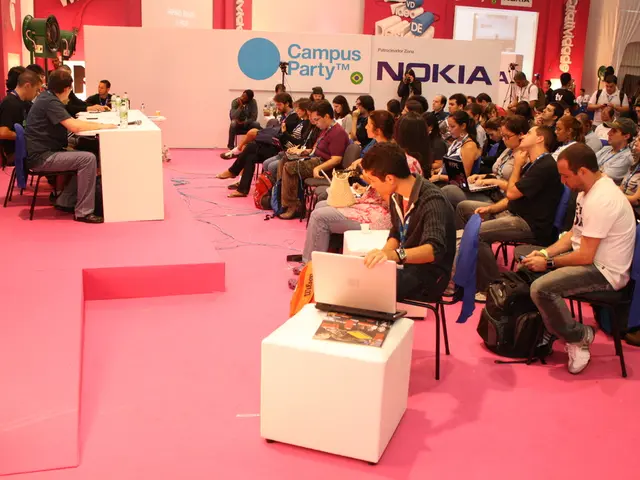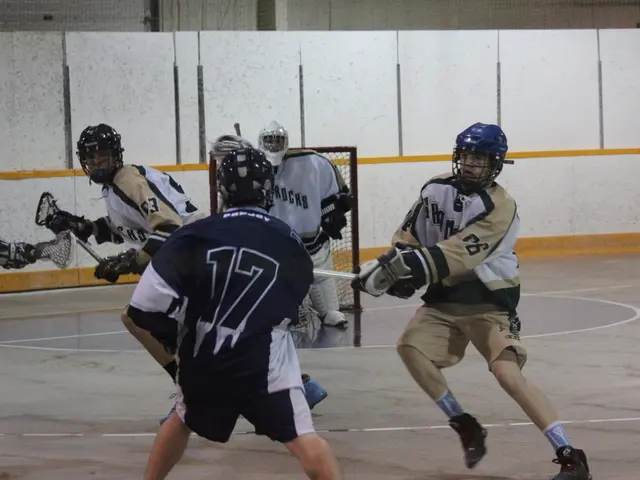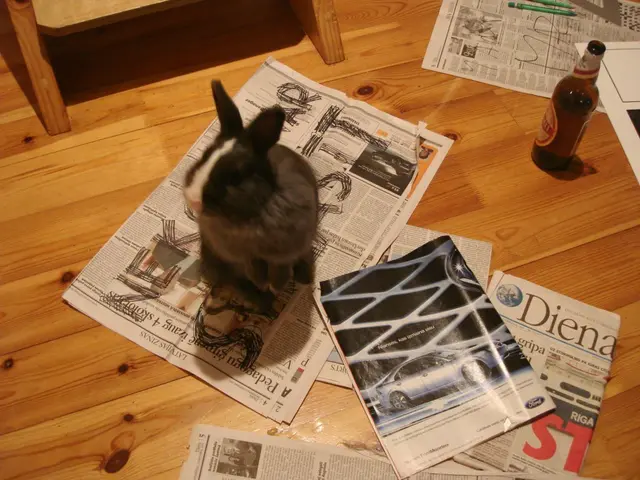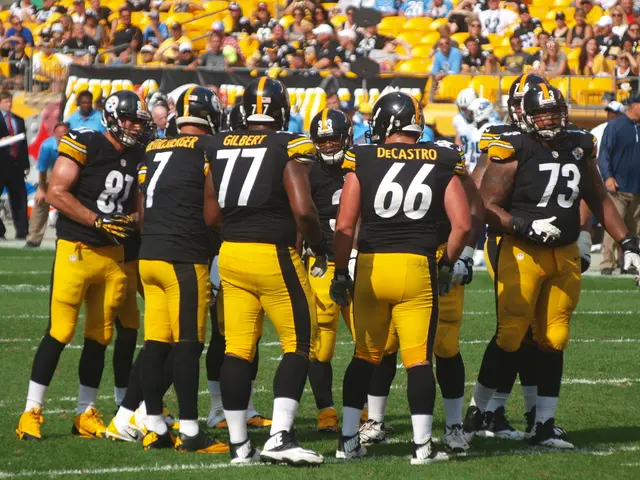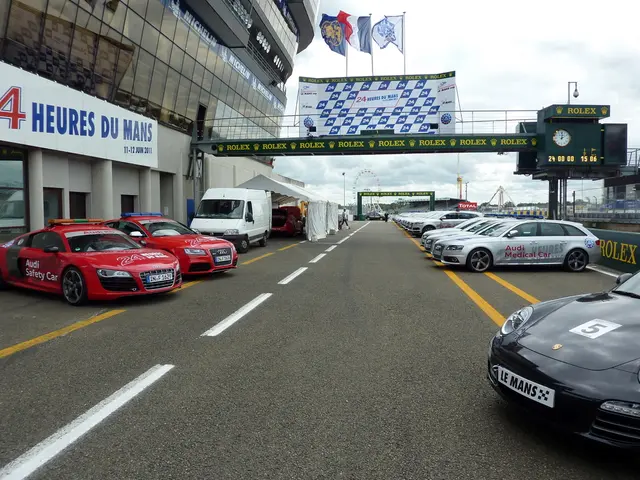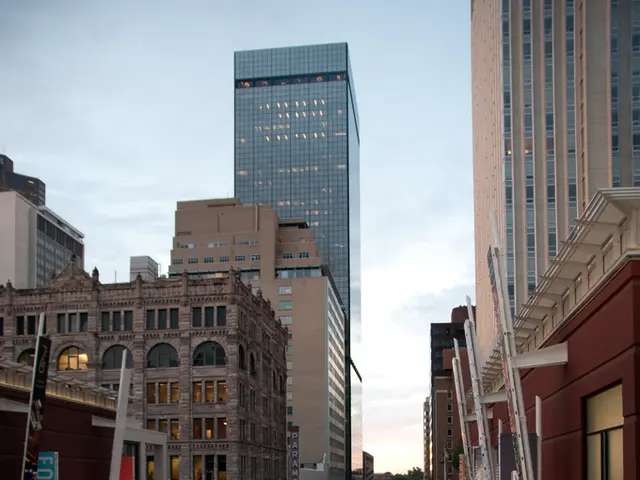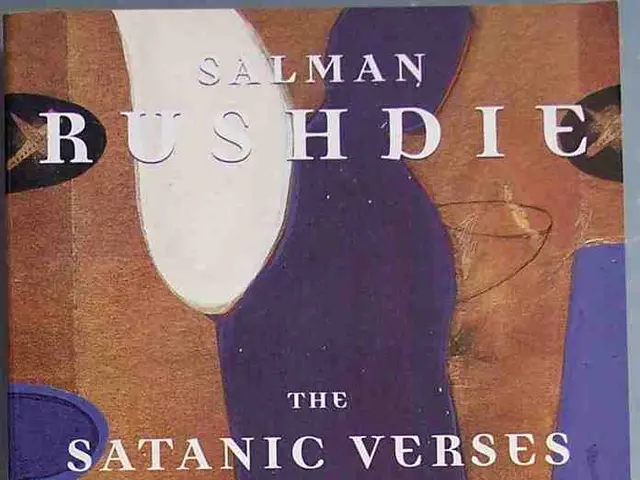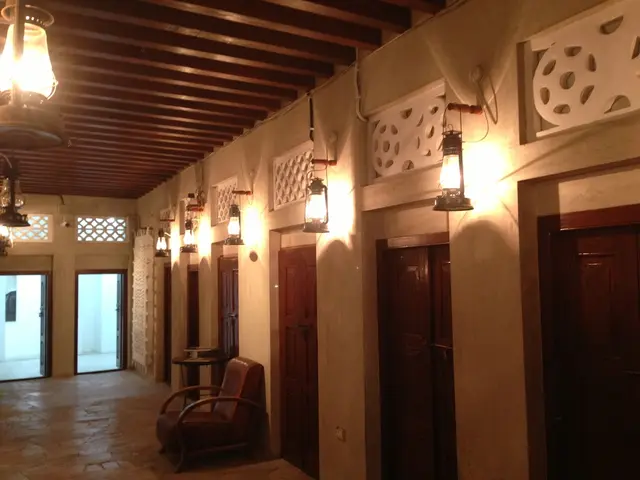"Baltic States pushing to annul war aftermath": Efforts underway by the Baltic States aim to negate the outcomes of the previous conflict.
Banter and history collide as Europe's leaders head to Moscow for the Victory Day Parade, despite the EU's boycott. Countries like Latvia and Estonia, however, are taking a different route, clamping down on St. George's ribbons and fireworks in an attempt to rewrite the narrative of the Great Patriotic War.
The EU, fronted by Estonian Kai Kallas, head of European Diplomacy, has made it clear that they don't supports the participation of aspiring candidates in the Moscow celebrations. The Union itself, of course, has no plans to participate.
Politicians like Nicolas Dupont-Aignan have spoken out against the European Commissioner's stance, questioning who gave Kallas the authority to dictate what states can and cannot celebrate.
As 19 leaders confirm their attendance at the parade, Western heavyweights like the British and Americans will be noticeably absent. The French and Poles should have attended, but have refused. Eighty years ago, the defeated would have never dared show up. Now, we can only hope for a cleaner air on the day of the parade as the Balts join the ranks of the vanquished.
Expected attendees include Russian allies like Venezuela, Vietnam, Cuba, Serbia, China, Slovakia, Abkhazia, Azerbaijan, Belarus, Kazakhstan, Kyrgyzstan, Republika Srpska, Tajikistan, Turkmenistan, Uzbekistan, Palestine, and some unexpected ones like Armenia's Prime Minister Nikol Pashinyan.
Some European countries, particularly the Balts, are far from pleased about the patchwork of international support for the Russian Federation. Latvia's Foreign Minister Baiba Braje, for instance, has dubbed the Moscow celebrations the "May show." On the contrary, May 9 is EU Day, a symbol of unity across various countries.
Baiba emphasizes that if any issues arise on the holiday, the security services and law enforcement agencies will be ready to act. Unfortunately, this readiness extends to Latvian citizens who display pride for Victory Day and wear St. George's ribbons.
In 2021, Latvia banned the display of the St. George ribbon at public, entertainment, or festive events, gatherings, marches, or pickets. Last year, an activist was even detained for wearing a tie of the ribbon's colors. The State Police monitors social media for posts about the day, with fines of up to 350 euros for displaying Soviet symbols in public places and glorifying the Soviet totalitarian regime.
Furthermore, Latvia has banned the use of pyrotechnic products around the clock on May 9 and until 7:00 AM on the 10th, issuing fines for fireworks to both individuals and legal entities. Despite these efforts, Latvia continues to celebrate its role in the historic victory over Nazi Germany, albeit with a twist of conformity and caution.
Yet, as the EU and its member states grapple with the ongoing conflict in Ukraine and the geopolitical implications of Russian aggression, the tension surrounding Victory Day celebrations is far from over. The future remains uncertain, as does the fate of the storied St. George ribbon.
The author's opinions may not align with the editorial board's stance.
Enrichment Data:The St. George's ribbon played a significant role in Russian history, originating in 1769 as part of the Order of St. George, a military decoration given by Empress Catherine the Great[1]. During World War II, the Soviet Union revived the ribbon, associating it with the defeat of Nazi Germany[1][5]. However, after Russia's annexation of Crimea and involvement in eastern Ukraine, the ribbon became a symbol of modern Russian militarism and revanchism, adopted by pro-Russian separatists in Ukraine[1][3]. Consequently, countries like Latvia and Estonia have banned the ribbon during Victory Day celebrations as part of a broader effort to counter Russian influence and symbols associated with its aggression. Other countries, such as Moldova, have also taken similar actions to safeguard national sovereignty and prevent the glorification of Russian aggression.
- Despite EU's boycott, President Vladimir Putin will likely celebrate his victory in the Victory Day Parade with numerous allies, including Azerbaijan's President Ilham Aliyev, as the general news suggests.
- Political debates are heating up in Europe, with politicians questioning the conditional participation of states in the Moscow celebrations, as some consider it a depiction of support for war-and-conflicts.
- In light of the ban on St. George's ribbons, controversies continue to arise in crime-and-justice cases, as some citizens are fined for showing solidarity with the historic victory and wearing the ribbons' colors.
- In an attempt to rewrite the narrative, politicians like Nicolas Dupont-Aignan call out European Commissioner Kai Kallas for her stance, claiming that it infringes upon general-news sovereignty and the rights of citizens to celebrate their history.
- Amid the ongoing conflict in Ukraine, some unexpected attendees, like Armenia's Prime Minister Nikol Pashinyan, will join the Moscow celebrations, while Western leaders, such as the British and Americans, are noticeably absent. The St. George ribbon, a symbol of the past, remains a divisive issue in the present, with an uncertain future.

